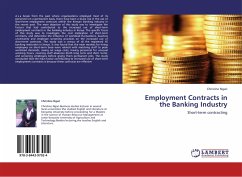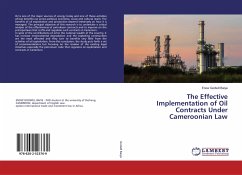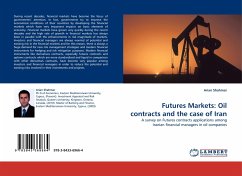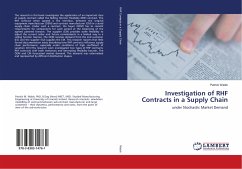As a break from the past where organizations employed most of its personnel on a permanent basis, there have been a sharp rise in the use of short-term employment contracts within the Kenyan banking industry in the recent past. The main objective of this study was to investigate the factors that had contributed to the increased use of short-term employment contracts in the banking industry in Kenya. The specific focus of this study was to investigate the cost implication of short-term contracts, and determine the influence of workload fluctuations, business uncertainty and employee screening practices on the increased use of short-term contracts. The study was a census of all the registered 45 banking institution in Kenya. It was found that the main motives for hiring employees on short-term basis were related with matching staff to peak workload demands, saving on wage costs, having personnel for unusual working hours, covering staff absences (both long term and short term), andscreening employees before giving them permanent jobs. The study concluded that the main factor contributing to increased use of short-term employments contracts is because these contracts are effective
Bitte wählen Sie Ihr Anliegen aus.
Rechnungen
Retourenschein anfordern
Bestellstatus
Storno








